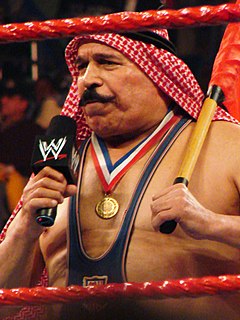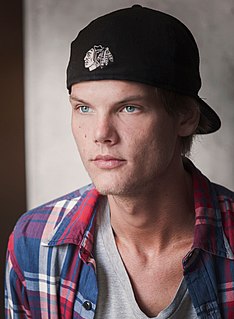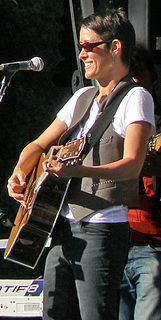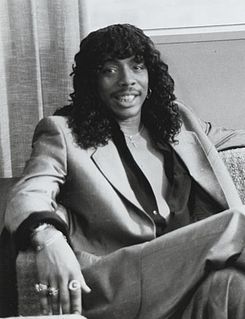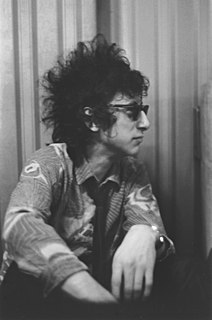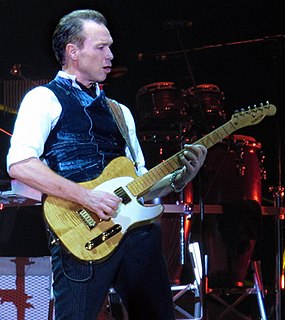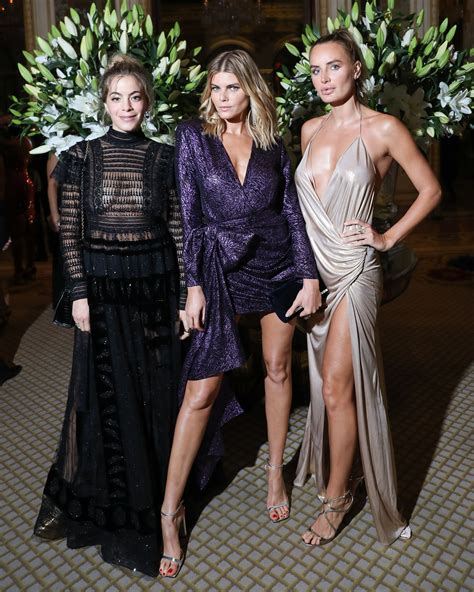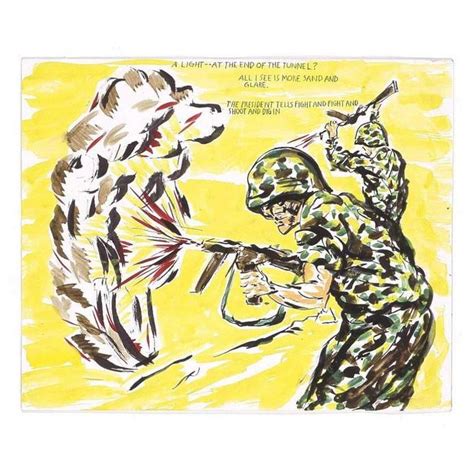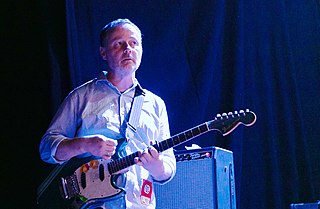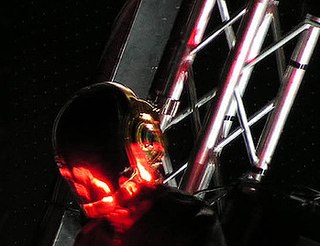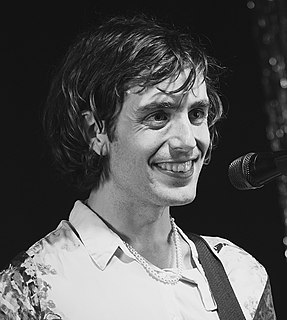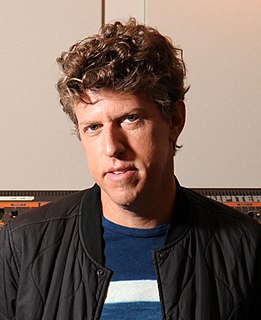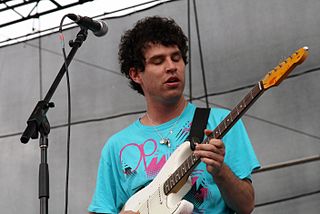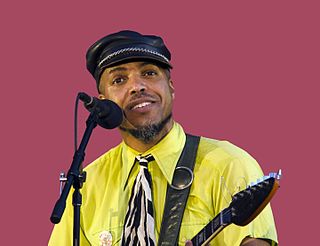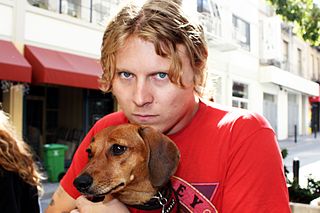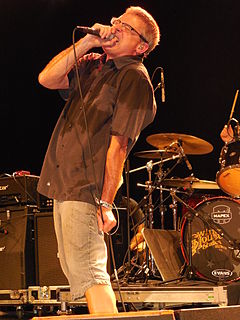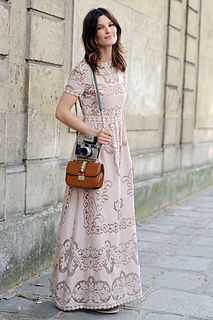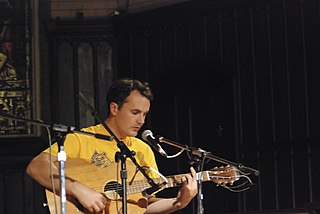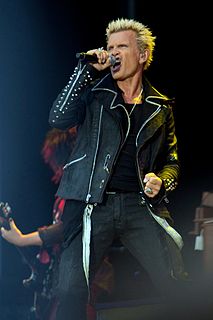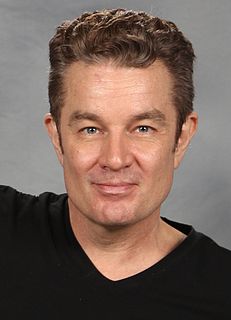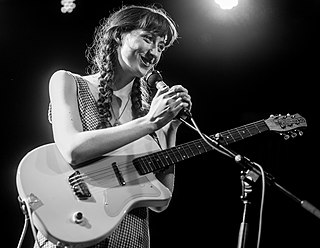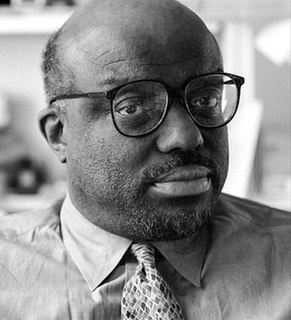Top 1200 Punk Music Quotes & Sayings - Page 2
Explore popular Punk Music quotes.
Last updated on December 25, 2024.
I change my mind about things - for a while I was punk rocker, and if you weren't a punk rocker you were an apostate. Then I was a dance music enthusiast, and if you weren't a dance music enthusiast, you were an apostate. I was carnivore, and if you were a vegan, I didn't want to talk to you. Then I was vegan, and if you were a carnivore I didn't want to talk to you.
I read a lot - surveys of vernacular music. A lot of it is the Harry Smith Anthology of American Folk Music, which I've loved since I was in high school. They had it at the library and I always thought that was interesting, even when I was into punk and stuff. Just the history of storytelling and the amount of melancholy a lot of old music has.
To begin with, the key principle of American indie rock wasn't a circumscribed musical style; it was the punk ethos of DIY, or do-it-yourself. The equation was simple: If punk was rebellious and DIY was rebellious, then doing it yourself was punk. 'Punk was about more than just starting a band,' former Minutemen bassist Mike Watt once said, 'it was about starting a label, it was about touring, it was about taking control. It was like songwriting; you just do it. You want a record, you pay the pressing plant. That's what it was all about.'
My drawing came out of editorial-style cartoons. Music was one thing and art was another, and there weren't really any standards for my art. My work was just drawings. They weren't done with any aspirations of becoming a part of punk scene. They weren't about punk. They were just collections of drawings, some of which I xeroxed and sold.
As a late teenager, the punk movement pushed me further. In particular, the Clash, which happened to leak through the time of disco, showed me that there was this cross-cultural sound that could cut across genres and audiences. Like punk was to disco, rap music was a rebellion against R&B, which had adopted disco and made it worse.
I've always thought that "punk" wasn't really a genre. My band started in Olympia where K Records was and K Records put out music that didn't sound super loud and aggressive. And yet they were punk because they were creating culture in their own community instead of taking their cue from MTV about what was real music and what was cool. It wasn't about a certain fashion. It was about your ideology, it was about creating a community and doing it on your own and not having to rely on, kinda, "The Man" to brand you and say that you were okay.
That was my intention, was to have it be from the perspective of my high-school-aged self, and to try and emulate the music that I listened to at that time. So to write essentially like a pop-punk song about musicals. I wanted the dichotomy of the tone of the music with the lyrics and my singing voice.
The 1970s was probably the most exciting decade to be a teenager, from discovering Little Richard at the end of the 1960s to glam rock to punk rock to electro music. So much happened in that 10-year span. There were so many musical revolutions. Some were happening at the same time. You had disco going on behind punk. You had Michael Jackson. You had the Sex Pistols.



